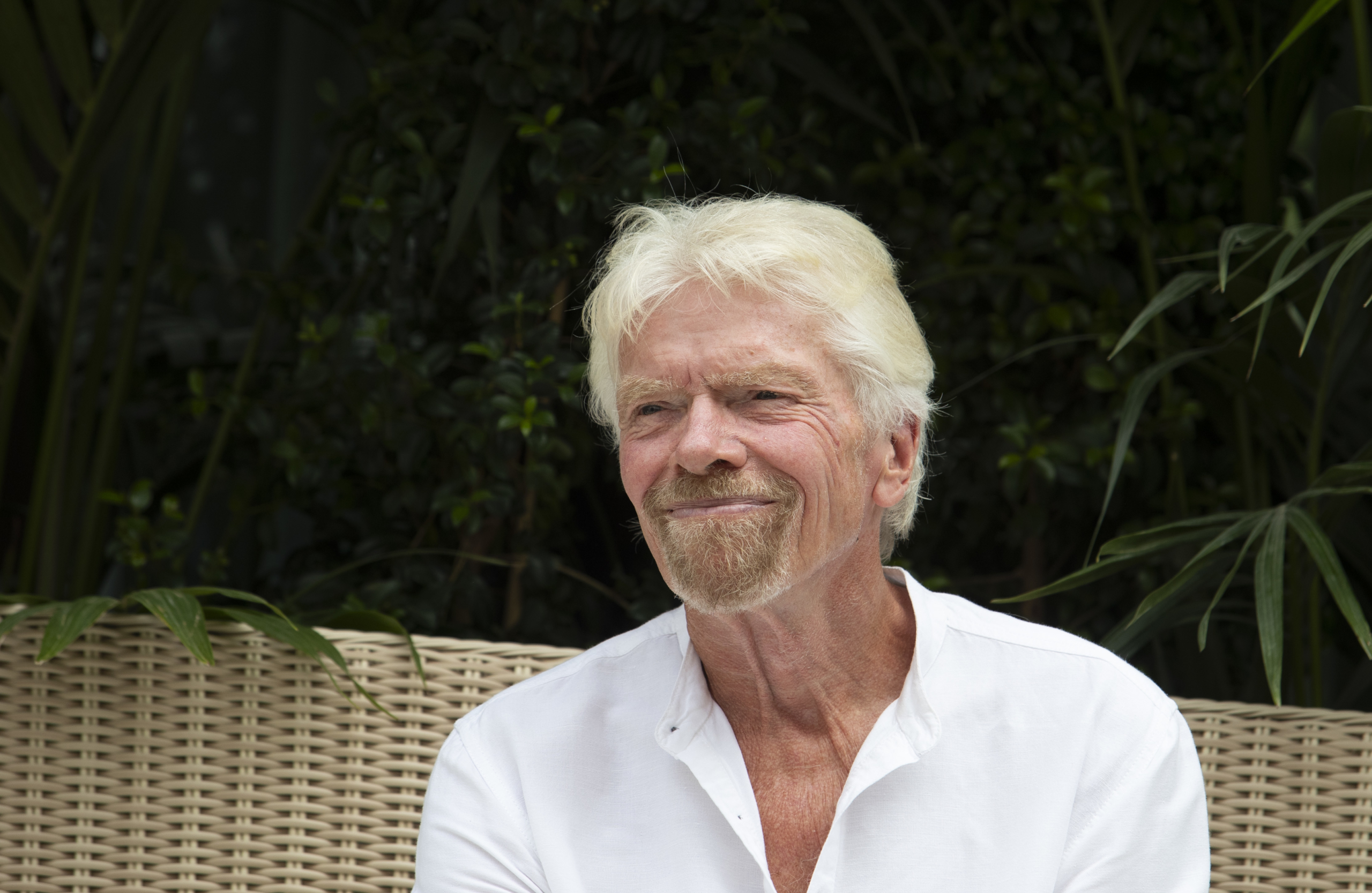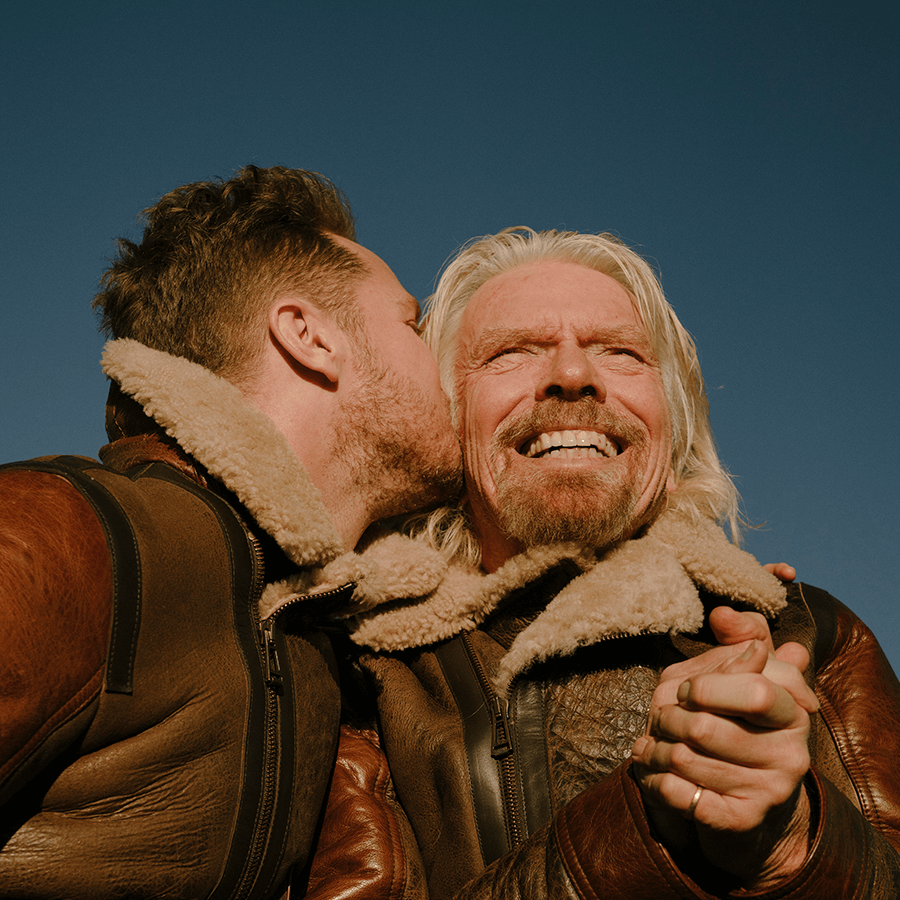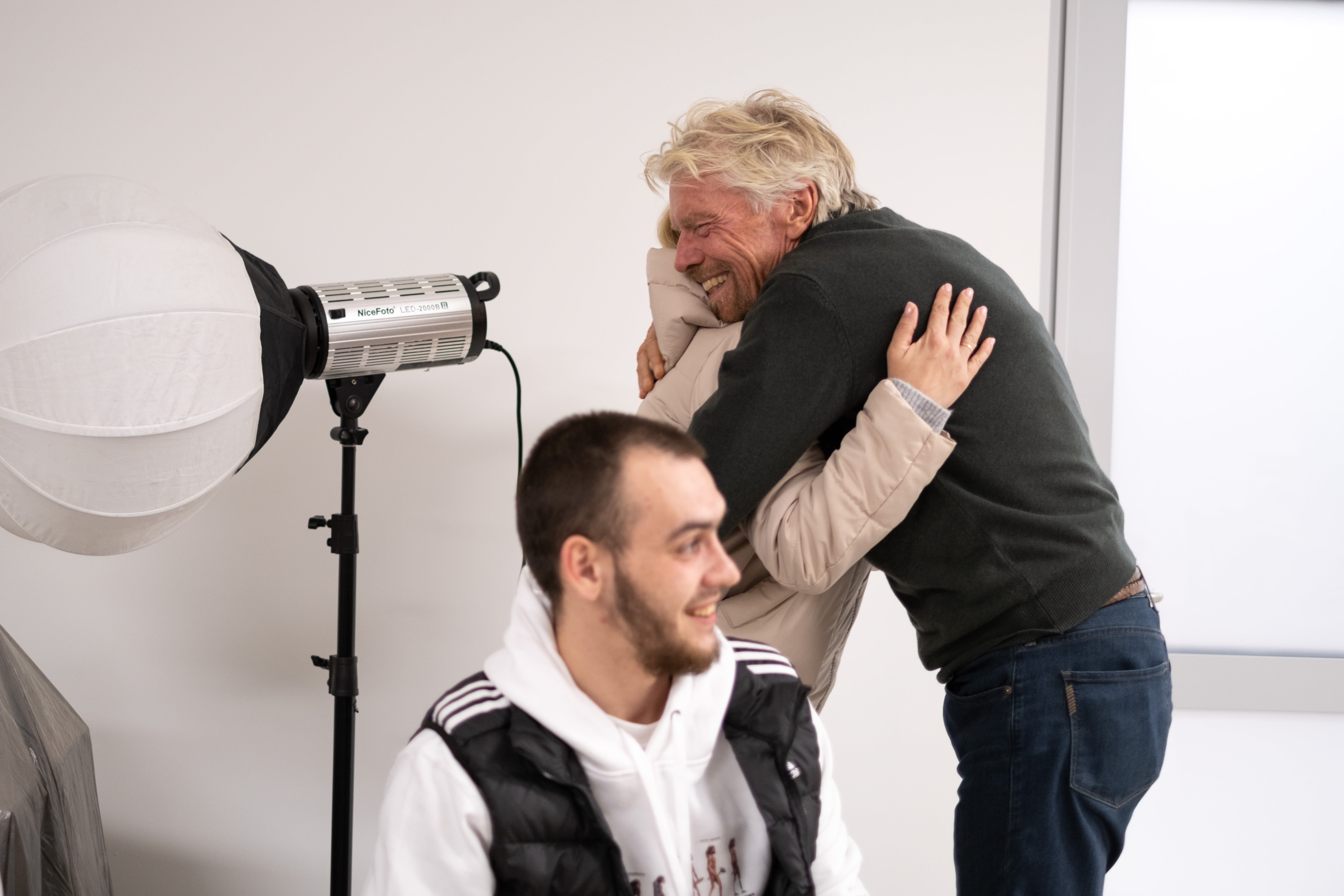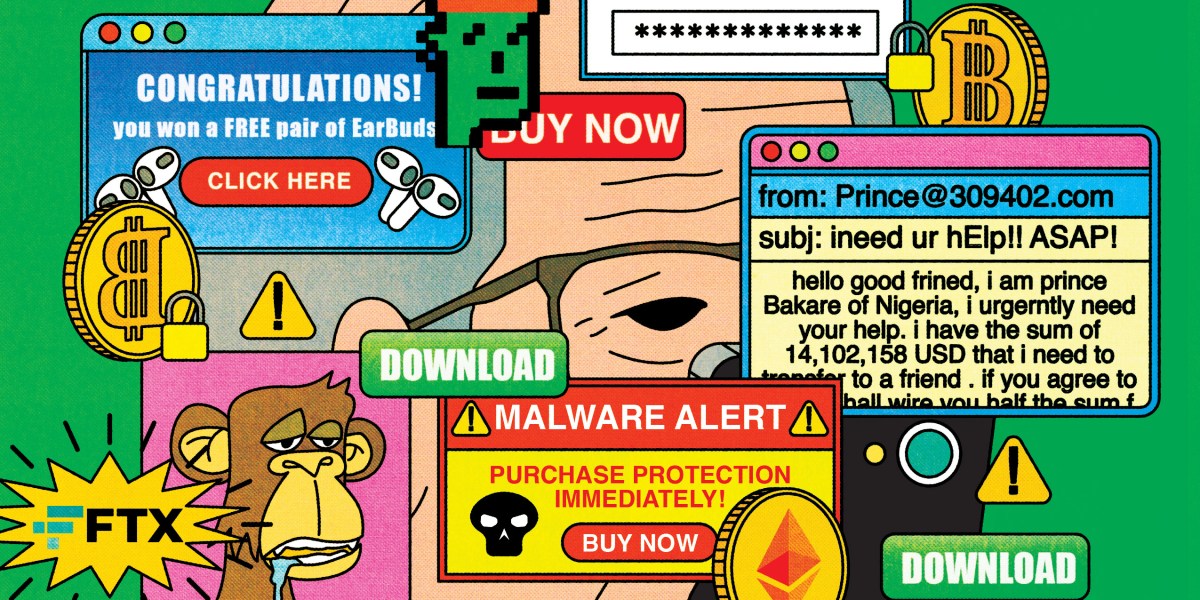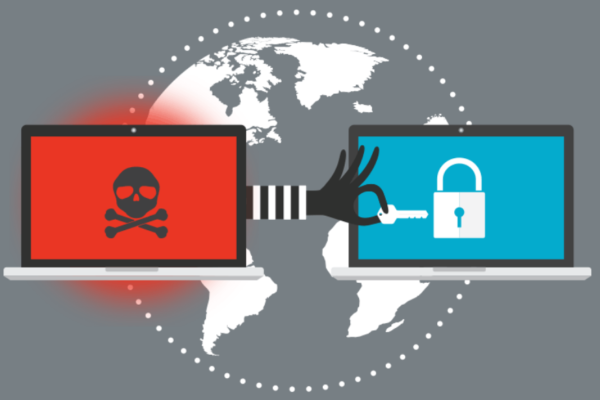The human capacity for kindness
What’s the most inspiring book you’ve ever read? Humankind: A Hopeful History by Rutger Bregman is up there for me.
I’ve always been a natural optimist. It’s a trait I suppose I inherited from my dad, whosecatchphrase in life was: “Isn’t life wonderful?” Humankind struck a big chord with me, after my son Sam recommended it to me, because it is a book full of hope. Bregman explores key events of human history and their previous scholarly interpretations, and then reaches far more optimistic conclusions that we rarely get to hear. The unknown heroes and the rebels with a cause. The book reminds us to see the best in people and in situations, instead of assuming the worst. It also highlights that if we constantly expect the worst in others and in ourselves, we bring out the worst sides of humankind.
Challenging the idea that we are inherently selfish, innately malicious or immoral, Bregman seeks to show that all humans, on balance, are good people with capacity for kindness. In some cases, he argues, people are corrupted by power, or, as Hannah Arendt expressed it, tempted by “evil masquerading as good” – with catastrophic results. But in the same way that fear and propaganda can be contagious, Bregman writes, so are hope and kindness.
The book also shows that resisting questionable authority is a trainable skill, and one we should all practice. The brave women and girls in Iran, who are risking their lives to resist a repressive regime are one shining example. The people of Ukraine who are resisting Putin’s violent invasion is another example of powerful resistance. We must continue to support their defiance.
I was particularly moved by one analogy in the book, which showed just how much progress we’ve made in the past few centuries. As Bregman wrote: “If you take the history of civilisation and clock it over 24 hours, the first 23 hours and 45 minutes would be sheer misery. Only the final 15 minutes would civil society start to look like a good idea. In those final five minutes we’ve stamped out most infectious diseases. Vaccines now save more lives each year than would have been spared if we’d had world peace for the…
